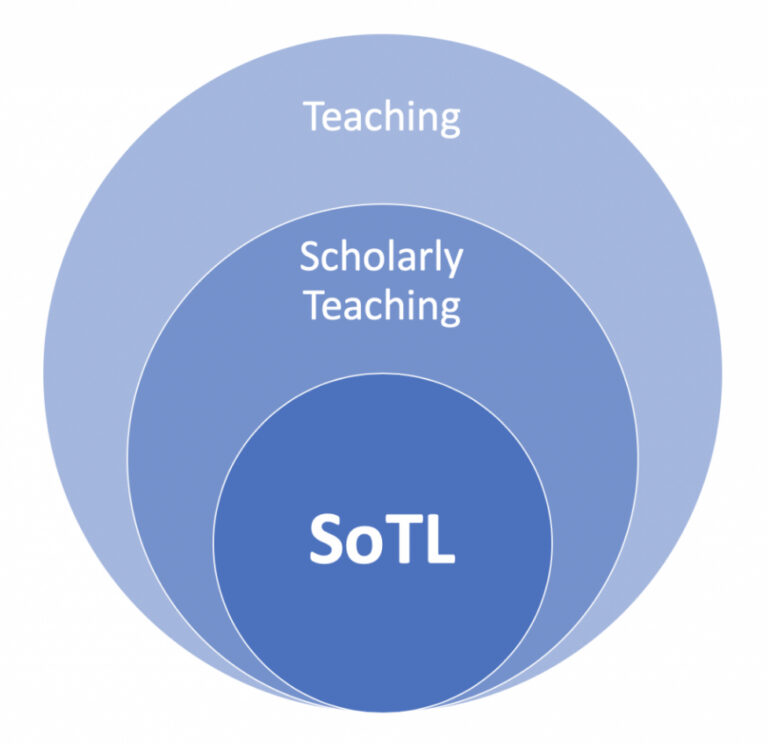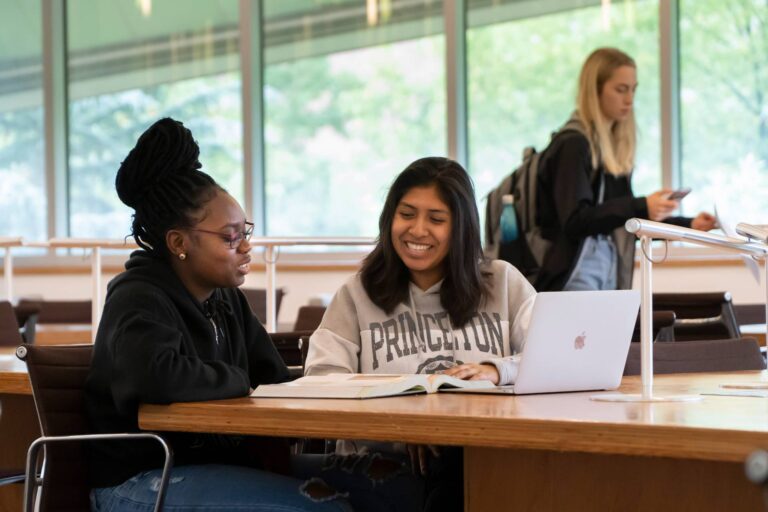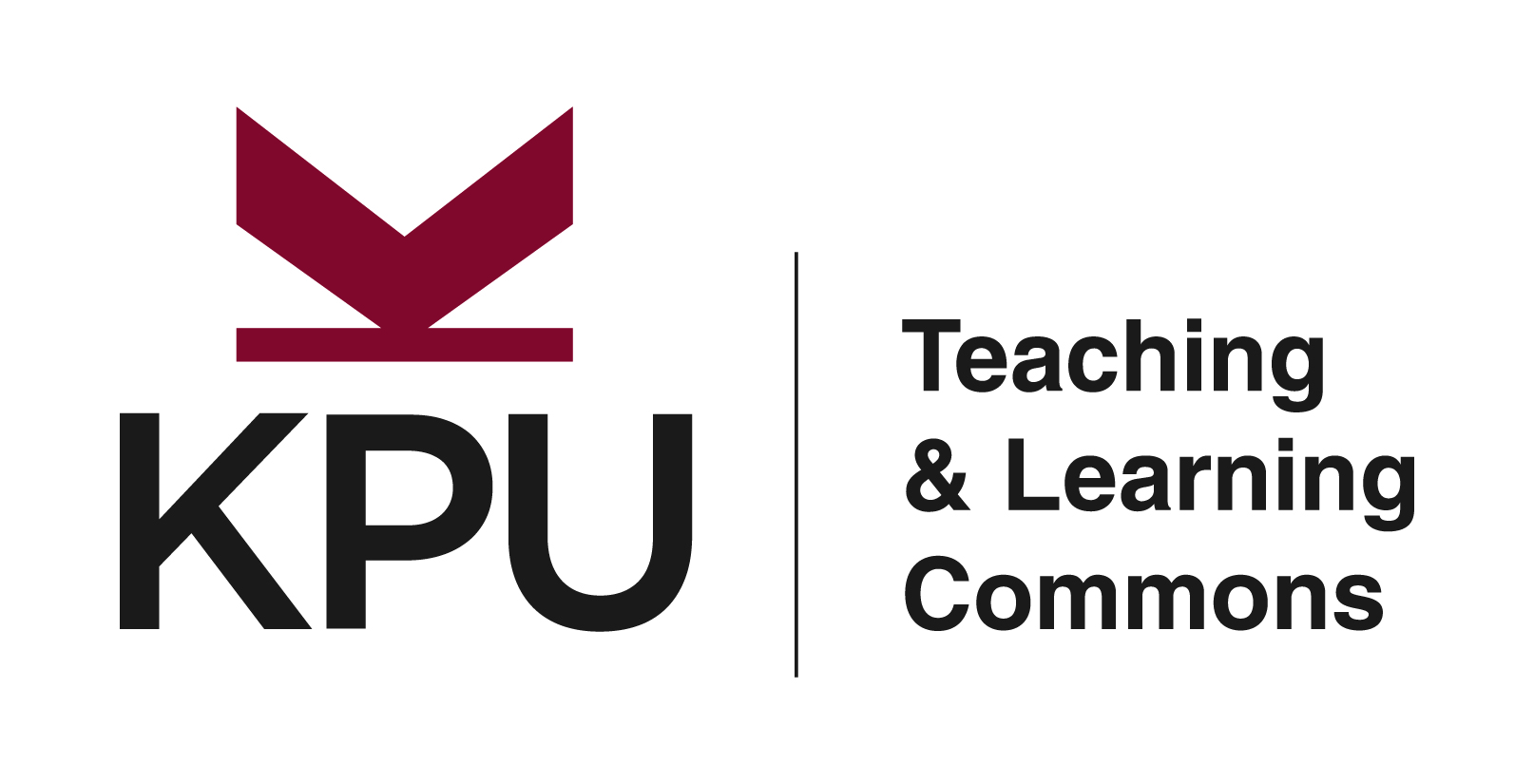How to Do SoTL
Like all research, SoTL projects are varied in scope, scale, and diversity. SoTL projects almost always involve faculty, often involve students, and sometimes involve partners such as staff, administrators, or workplaces. A SoTL project may involve a single, focussed question or it may address multiple and related questions. The project may be grounded in a single type of course across a discipline or it may ask a question which is relevant across disciplines.
For example, in an introductory psychology course does using an open textbook versus a commercial textbook lead to different student perceptions and outcomes (Jhangiani et al., 2018)?
Temporally, questions may be investigated using retrospective methods or they may use future-oriented prospective methods. The project may investigate an issue at the local level or it may scale up to a national or an international level. The questions addressed may use the rigour of quantitative methodologies or may involve the richness afforded by qualitative methods. Because SoTL questions often involve systematic inquiry into the behaviour of learners, care must be taken to respect the rights, privacy, and dignity of those learners. For many SoTL projects this means obtaining research ethics approval from a units qualified to review research on humans (Research Ethics Boards at Canadian universities and Institutional Review Boards in the U.S.).

Colombia University. (n.d.). Faculty guide. Science of Learning. https://soler.columbia.edu/content/faculty-guide
5 Principles of Good Practice in SoTL

Like many areas of intellectual inquiry, principles of good practice evolve over time to help frame and guide inquiry. In 2013, Peter Felten developed five such principles of good practice to guide SoTL projects. These principles recognize that SoTL projects show considerable diversity across the globe.
Rather than being prescriptive, these principles serve as heuristics for assessing and developing the growing body of SoTL work. Importantly, these principles can also help to make a case for why SoTL initiatives should receive institutional resources and support.
Principle 1. – Inquiry into student learning
Principle 2. – Grounded in context
Principle 3. – Methodologically sound
Principle 4. – Conducted in partnership with students
Principle 5. – Appropriately public
Even more importantly, these principles articulate a vision of a scholarship that enhances, perhaps even transforms, teaching and learning in higher education.
